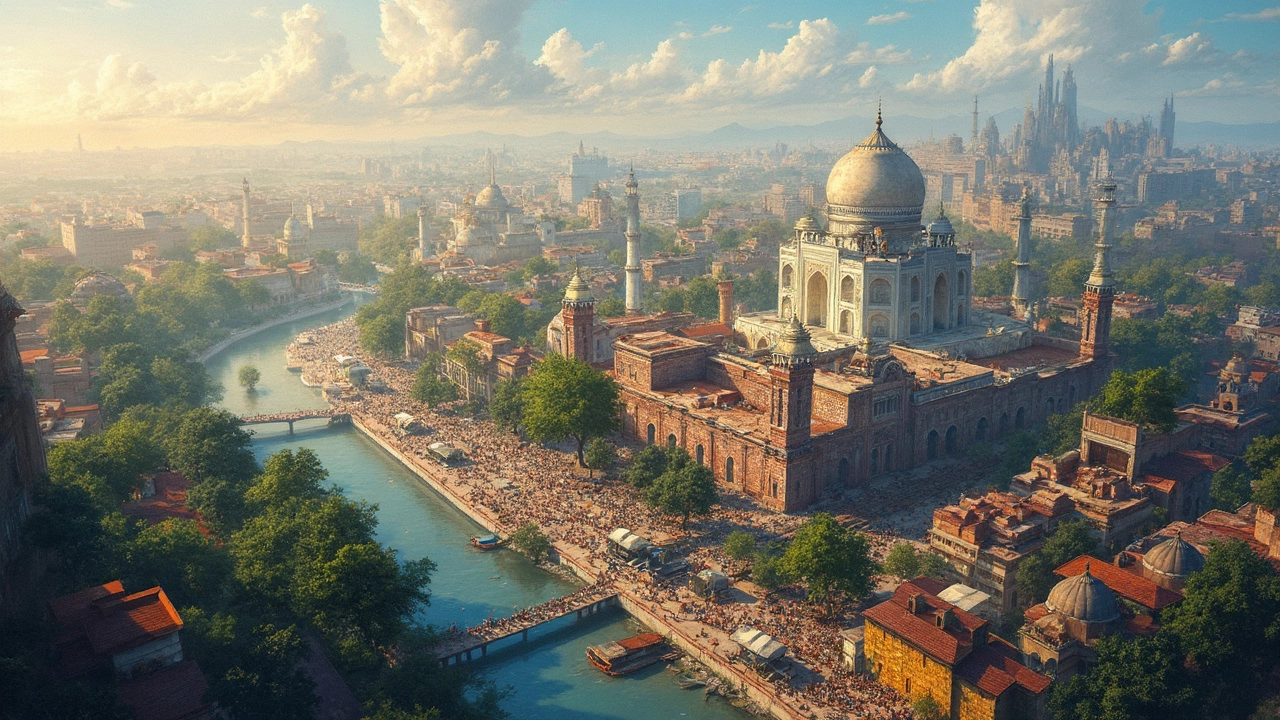Dominant Cultures: How They Shape Books, Stories, and What We Read
When we talk about dominant cultures, the social, political, and economic systems that shape what gets valued, published, and remembered in a society. Also known as hegemonic cultures, it often decides which voices are amplified and which stories are pushed to the margins. This isn’t just about who writes the books—it’s about who gets to say what counts as important, meaningful, or even readable.
Take cultural narrative, the shared stories a group tells itself about who it is, where it came from, and what it values. These aren’t just myths or folklore—they’re the backbone of bestsellers, school curriculums, and publishing trends. For example, the idea that adventure must begin with a lone male hero isn’t natural—it’s a cultural narrative shaped by decades of dominance from certain voices. Meanwhile, literary fiction, a genre that prioritizes deep character work and social commentary over plot often challenges those same narratives, but only if it’s given space. And when it is? Books like those by Arundhati Roy or Mohsin Hamid become global phenomena, not because they’re exotic, but because they speak truths that dominant cultures tried to silence.
Collective memory, how a society remembers its past through stories, symbols, and shared experiences plays a huge role too. The Bible appears again and again in our posts—not because it’s the most profound book for everyone, but because it’s been embedded into dominant cultural frameworks for centuries. Same with the Epic of Gilgamesh or Lord of the Rings. They’re not just stories. They’re cultural anchors. And when a book like The Timekeeper’s Daughter becomes the most read of 2024, it’s not just about marketing—it’s about whether its themes of belonging, grief, or quiet courage resonate with the dominant cultural mood of the moment.
What’s missing? The stories from cultures that don’t control publishing houses, media outlets, or school syllabi. That’s why the posts here matter. They don’t just list facts—they dig into how cultural power shapes what we read, who gets credited, and why some stories feel universal while others are treated as niche. You’ll find posts that question why phonics got sidelined, why Goodreads stays free, and how adventure girls are rewriting old rules. These aren’t random topics. They’re all connected to the same question: who gets to tell the story—and who gets to decide it’s worth listening to?

Dominant Cultural Narratives: What They Are and Why They Matter
Dominant cultural narratives are the stories and ideas that shape our society's collective mindset. These narratives influence how we see ourselves and others, dictating social norms and behaviors. Understanding them is crucial for recognizing biases and embracing more inclusive perspectives. This article explores their origins, impacts, how they're maintained, and ways to challenge them.
View More